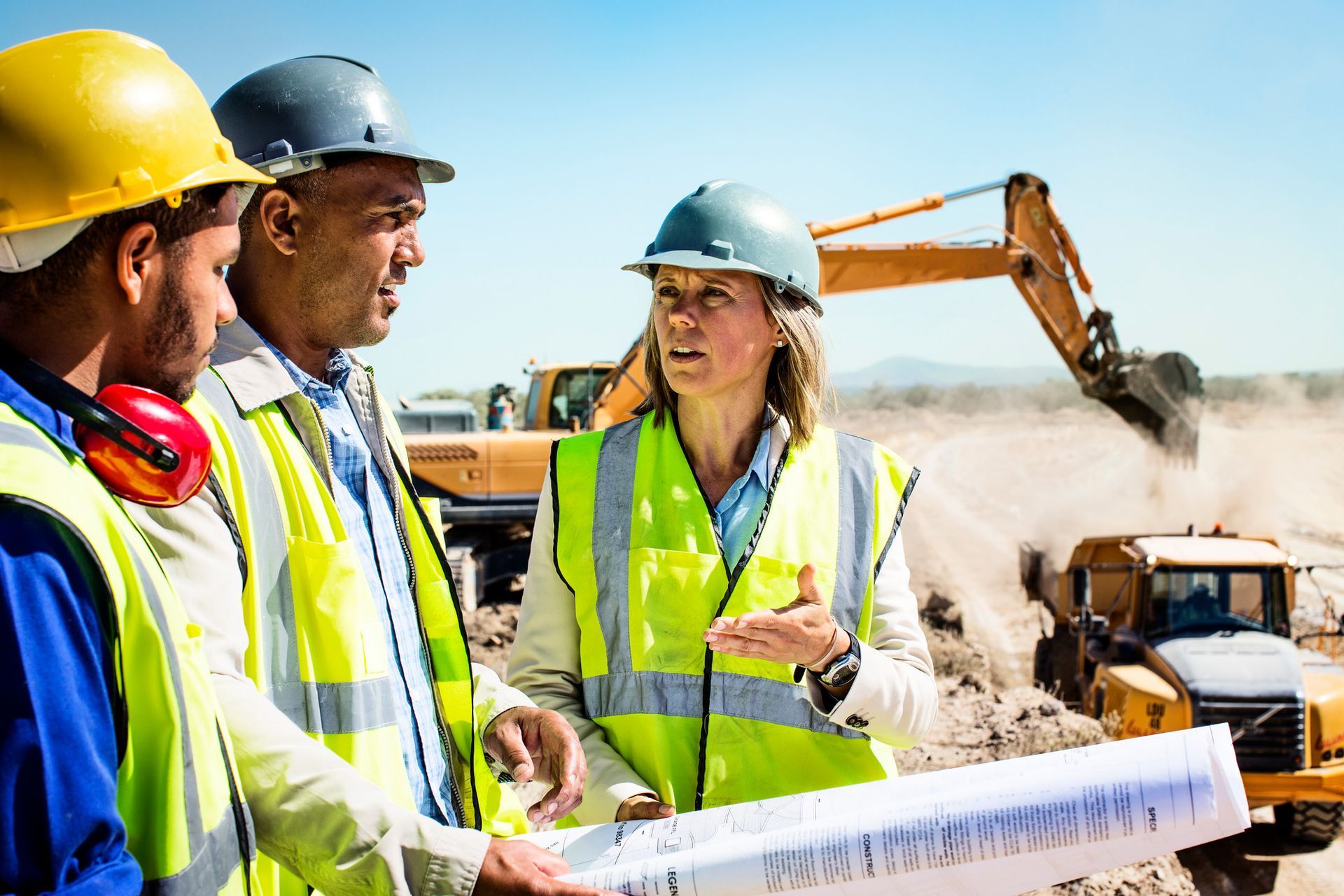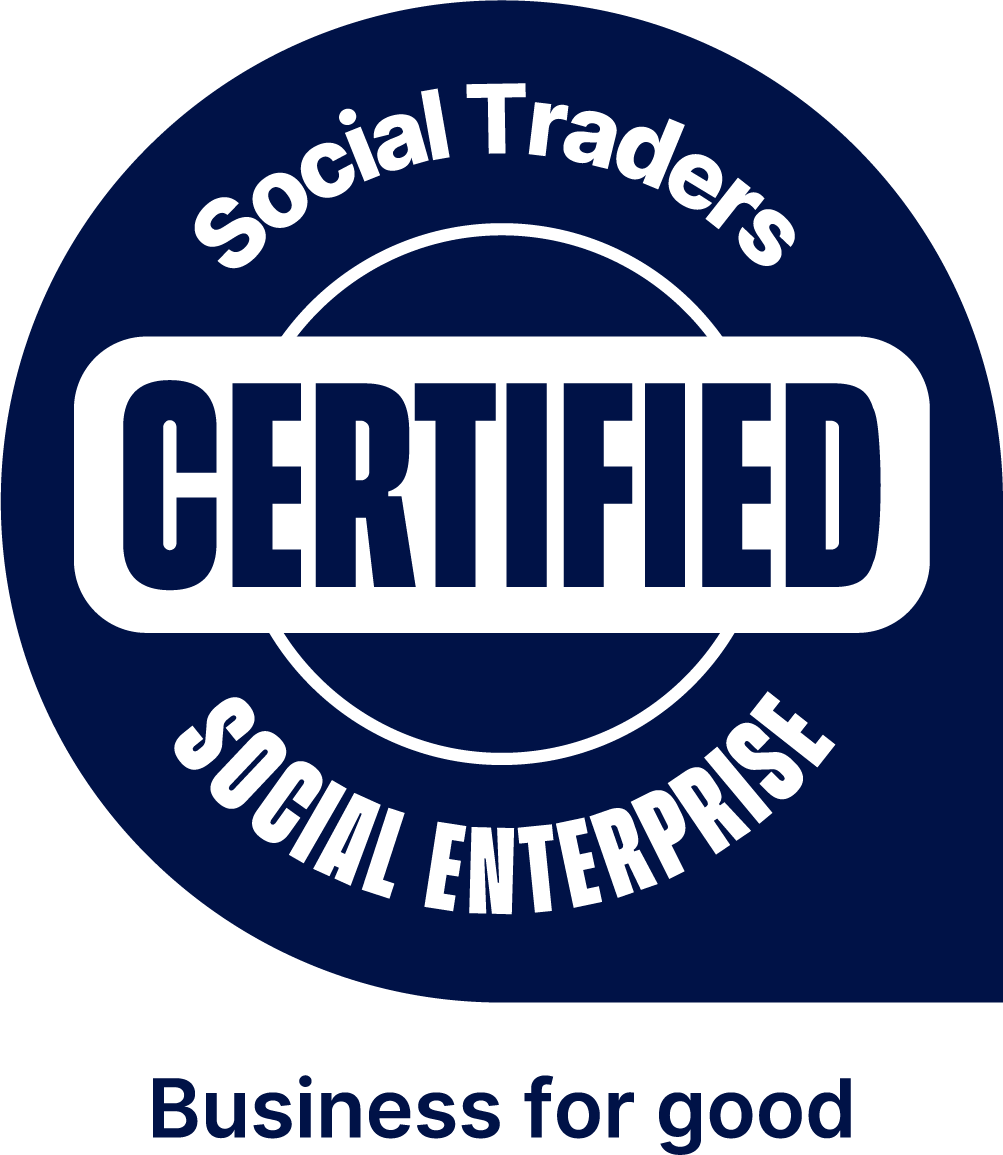Working and operating during a global pandemic is presenting significant challenges for individuals and organisations alike. Many organisations have found themselves reviewing the ways in which they can stay competitive (or at least afloat) at this time and finding unique and novel ways in which to adapt and thrive (or at least survive).
The financial impact of Covid-19 has meant that for some organisations to survive, restructures have become necessary. This is a difficult undertaking for many leaders and, understandably, we often find that the primary focus and effort is placed on the first two stages of the restructure process:
- Pre-restructure (i.e. the planning) and
- During restructure (i.e. the actual conversations).
Less thought is given to the third stage of restructure; re-engaging employees after restructure.
However, reengaging employees after restructure is an incredibly important component of the restructure process and contributes positively to individual and team wellbeing and overall workplace culture. Taking the time to regain the trust of your employees and winning both their hearts and minds may help circumnavigate some of the organisational health effects and risks associated with restructure; increases in absenteeism, presenteeism and unintended turnover along with decreases in commitment, confidence, productivity, engagement, reputation and attractiveness as an “employer of choice”.
So how do you reengage employees after restructure? By taking the time to regain their trust and win their hearts and minds. How can you start today? Five evidence-based steps are outlined below.
For more information about how we can support you and your employees pre, during and post restructure please contact our Career & Change team via career&change@chandlermacleod.com.
1. Manage Ongoing Fear & Uncertainty (clear and consistent communication is key)
Restructures can bring with them a complex set of emotions for those departing, but also remaining. Living with an ongoing fear of redundancy can negatively impact employee's overall health and wellbeing and is associated with a decrease in organisational performance, employee performance and quality of work and an increase in errors, employee turnover and absenteeism. This ongoing fear and uncertainty can be exacerbated by a lack of “access” to leaders and information.
TIP: Have an “open door” policy and “walk the floor” as a leader, ensuring you are a visible and accessible presence to all employees. This allows employees to voice their concerns as they arise, in private if required and in a timely manner. Communication is key.
Uncertainty does not always elicit the same response in people; where some see threat, others may see opportunity. This opportunity could come in the form of a new role, new responsibilities or an opportunity to consolidate their skills and knowledge. This opportunity can elicit both personal and professional growth. Given the varied response to challenge and uncertainty, taking the time to provide tailored support to individuals is advised.
TIP: Do not assume someone’s response is automatically negative or positive to this period of uncertainty or that their initial response will stay the same throughout this period. “Check in” as appropriate.
2. Create Clarity for All
In the first few weeks and months post restructure there can be confusion for remaining employees over reporting lines, structures and roles and what is expected of them. Effective leadership is critical during this period. Employees may be unsure of what they are responsible for, who they can go to and who approves what. In these situations, role conflict can occur over poor role clarity and stress can increase.
Role conflict occurs when workers are given different and incompatible roles at the same time, or their role overlaps with another worker or work group. The greater the role conflict, the higher the likelihood of a worker experiencing work-related stress.
Role clarity is the degree to which employees have a clear understanding of their tasks, responsibilities and processes at work. This clarity is not limited to their own role; it also includes their colleague's roles.
TIP: Take the time to provide clarity for your employees, in particular role clarity, to reduce both role conflict and stress. Furthermore, ensure that everyone is “on the same page” and that demands placed upon employees are consistent. Where multiple or different demands are placed upon employees, ensure that these demands are compatible.
3. Cultivate Motivation & Engagement (and no, it’s not “one size fits all”)
Motivation and engagement in the workplace are related to an increase in employee satisfaction, performance and discretionary effort. But how do leaders foster motivation and engagement during periods of upheaval and after restructure?
One way is to engage employees in work that is not only meaningful but work which also utilises their strengths. Engaging in work that utilises our strengths is associated with an increase in energy, productivity, happiness, confidence and resilience and a decrease in stress.
TIP: Remind the team of their important role in achieving the organisation's vision. Be specific about the role they play. See someone struggling? Check in with them and see if there is something they would like to be doing more (or less) of. Let them play to their strengths as you all work together to achieving the vision. Are you not sure of their strengths? Are they not sure? Please reach out to us @ career&change@chandlermacleod.com for individual strengths based coaching or a virtual team strengths based workshop.
4. Foster Resilience & Wellbeing
Change and ambiguity in the workplace can bring about stress (and distress) for many employees. Stress and distress both have the capacity to decrease the mental health, wellbeing and performance of employees. Conversely, a culture of resilience in the workplace, can support (or increase!) an individual’s wellbeing and can improve both individual and organisational performance.
Resilience is the capacity of an individual to adept effectively to adversity with a short-lived downturn in functioning.1 Managers and leaders play an extremely important role in maintaining the psychological resilience of their employees. This role can be summarised into four key areas: 1) reducing unnecessary drains on resilience, 2) promoting adaptive workplace behaviours and thinking in the face of difficulties, 3) allowing employees the opportunity to access needed resources and 4) supporting the development of both personal and social resources [1].
TIP: As a leader, model resilient behaviour and thinking and inspire it in others. Focus on what’s within your control (as opposed to what is outside of your control or influence), promote a learning orientation as opposed to a performance orientation (e.g. what did we learn from that lost opportunity rather than we didn’t win) and demonstrate optimism in the face of uncertainty. Your response to challenge, adversity and uncertainty can become the blueprint for others to build resilience.[1]
5. Regroup to Reinvigorate
After change and transition many teams will simply move onto the next project or order of business. Unfortunately though, teams are sometimes moving onto other pieces of work with a mindset that may not be ready to simply “get on with it”; relationships have fundamentally changed, psychological contracts altered and a trust that was once absolute, potentially now questionable. Often in these scenarios, team building days (which allow connections to be re-built) are advised. A mix of formal and informal activities are undertaken which foster connection, trust and collaboration. There is an opportunity, however, to undertake an organisation wide initiative that fosters connection, trust and collaboration but to also do this in such a way that fun at work is created, a positive “vibe” generated, and “energy” injected.
TIP: Where possible continue to engage your employees in meaningful team projects and organisation wide initiatives that allow you to engage with and remain connected to the community. Giving back amidst a socially isolating crisis can allow you to remain connected to the community, reinforce the idea of the team or organisation working towards a common goal and can provide a reprieve from focusing or ruminating on our own worries. Not sure how to give back? Perhaps you, your team or organisation have a unique set of skills that could help others at the moment? What help does your local community need right now? Stuck for ideas? Let us help you with a virtual ideation workshop (simply reach out to us at career&change@chandlermacleod.com).
Brought to you by Linzi Tawfik, Senior Consultant Psychologist at Chandler Macleod People Insights.
[1] Crane, M. (2017). Managing for resilience a practical guide to individual wellbeing and organizational performance (1st ed.). Routledge.




















